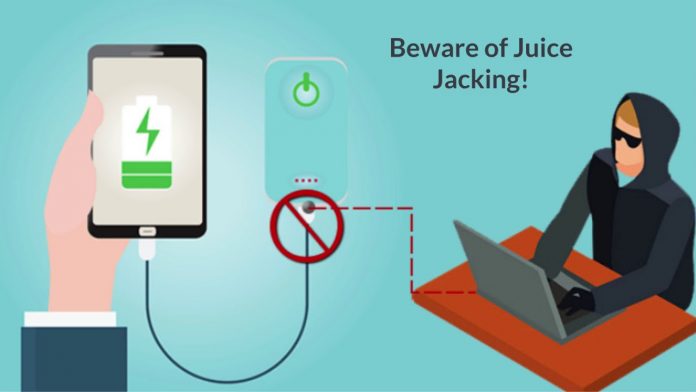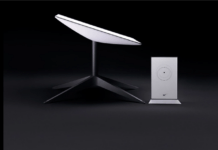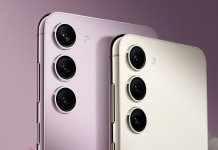Juice Jacking is a type of cyber fraud involving data theft through charging cables or USB ports. This scheme is typically hatched by either installing malware or covertly copying sensitive data from a smartphone, a tablet or any other computer device with destructive intentions.
Take the case of Mr. Lennox (not his real name) for example, who went to a popular city drinking joint and realized that his phone’s battery needed a prompt recharge as it was quickly draining. He swiftly plugged his phone in the nearest USB charging port at the club. After a short while, Lennox received a notification informing him of a purported debit of Sh10,000 on his account which he had not authorized.
Also Read: The Apple watch detecting heart abnormalities
After an exhaustive tech inquest, the charging ports at the club were found to be unmonitored and blatantly not subjected to surveillance thus giving fraudsters a leeway to tamper with the cord. The cord was found to be harboring an extra chip that deployed a hidden malware which gave the fraudster unrestricted access to all the information stored in Lennox’s phone. The fraudster was thus able to initiate financial transactions on behalf of Mr. Lennox.
Also Read: Review: Nokia 2.3 is now available in Kenya
Lennox’s case could befall anyone if safety precautions are not taken. Some of the ways of keeping yourself safe from such an instance include carrying your own charger or portable power bank, avoiding the use of public charging stations, making prompt contact to your bank in case you notice unauthorized debits and installing anti-virus solutions that blocks any malware from downloading data theft.

Do you have any news or article you would like us to publish? Kindly reach us via outreach@t4d.co.ke or howtodoafrica@gmail.com.




















